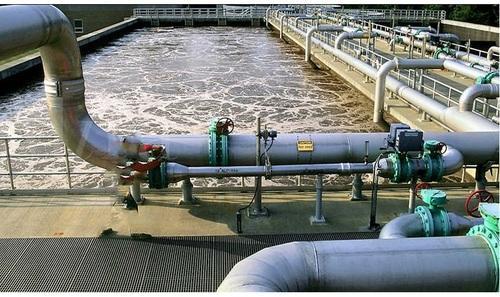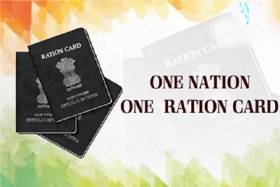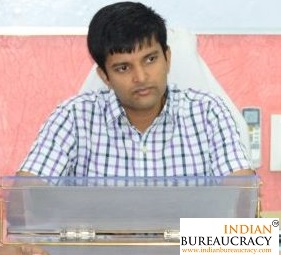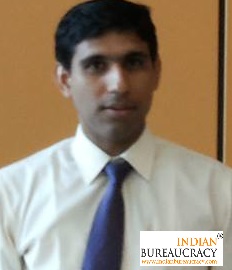
PIB News Update: Discharge of untreated & partially treated sewage and industrial effluent is primary cause of pollution of river and water bodies. As per the report published by Central pollution Control Board (CPCB) in March, 2015; sewage generation from urban areas in the country is estimated at 61, 948 million litres per day (mld), against which available sewage treatment capacity was 23,277 mld.
Discharge of raw sewage into water bodies cause depletion of Dissolved Oxygen (DO) in river and thus, adversely impact aquatic life. Cleaning of river through proper sewage management is a continuous process and Central Government is supplementing the efforts of the State Governments and Union Territories in addressing the challenges of pollution of rivers by providing financial and technical assistance through schemes like National River Conservation Plan (NRCP) and Namami Gange. The
NRCP has so far covered polluted stretches of 34 rivers in 77 towns spread over 16 States in the country with a sanctioned cost of Rs. 5870.54 crore. Under Namami Gange, the rejuvenation of Ganga and its tributaries have been taken up. So far, a total of 310 projects have been sanctioned at an estimated cost of Rs.28790.66 crore under Namami Gange. Of these, 116 projects have been completed and made operational.
In addition, sewage infrastructure are also created under programs like Atal Mission For Rejuvenation & Urban Transformation (AMRUT) and Smart cities Mission.
Operation and maintenance (O&M) of STP and sewage pumping station is the responsibility of the State Governments/Urban local body concerned. Lack of adequate sewer networks & house connection and unsatisfactory operation and maintenance are major reasons for under utilization of sewage treatment plants (STPs). Central Government has been regularly asking the States to improve the performance of STPs.
In addition, CPCB had issued directions on 21.04.2015 to the State Pollution Control Boards (SPCBs)/Pollution Control Committees (PCCs) under the Water (Prevention and Control of Pollution) Act, 1974 asking them to issue directions to Local Authorities responsible for sewage management in their respective cities/towns and to submit time bound action plans for collection, transportation and treatment of sewage generated in urban area. CPCB has also issued directions on 09.10.2015 to Local Authorities under Environment (Protection) Act, 1986 for sewage management in Class I Cities and Class II towns and asked them to ensure that treated waste water is disposed in rivers and water bodies in accordance with the stipulated standards.








Leave a Reply
You must be logged in to post a comment.